By Cindy Tan, Physiotherapist, Back2Sports
Stretching before a sporting event is a controversial topic among athletes and sports science experts. Some experts advocate stretching. Others claim that it causes more harm than good. So should one stretch or warm up before a sporting event? The short answer: always warm up, but stretch selectively depending on the sport you play and your body's limits.
Always warm up
We should always warm up before a sporting event. There is no ambiguity on this. Warming up prepares the muscles and joints for the dynamic activity to follow. If unprepared, the muscles and joints are prone to injury such as hamstring tears in sprinters.
Warm up does not mean stretching
Unfortunately, most people equate stretching with warming up. While stretching warms you up, it is not the only way to warm up. You can warm up for 5-15 minutes to raise your body temperature without stretching. You could do gentle cardio-vascular work such as slow-paced running, sideways and backwards skipping-running and high knee lifts. So always warm up before a sporting event.
The controversy on stretching before an event
The advocates for "no-stretching" before a sporting event give two reasons for their view:
- Loose Joints - They believe that stretching loosens the joints too much. Lax joints do not hold up as well under rapid vigorous movement, leading to potential injury.
- Power Loss - Muscles that are over-stretched lose their ability to contract forcefully to generate explosive power.
On the other hand, those who advocate stretching do not see any conclusive evidence that suggests it loosens joints excessively or that significant muscle power is lost.
These two reasons are only applicable where explosive power is required by the sport. Sports that fall into this category include track & field event such as sprinting, javelin, weight-lifting and golf.
It also matters which body part you are stretching. In the 100m sprint, stretching your wrist for 100m sprint event is not a concern but over-stretching your hamstring is. For tennis, over-stretching your playing wrist is a concern but not for your non-playing wrist.
Why can’t we resolve this once and for all?
To gather conclusive evidence on stretching is difficult. Each person reacts differently to varying amounts of stretching in terms of how long you hold the stretch for, how far you stretch and the number of sets you do. What is enough for someone may be excessive or insufficient for someone else.
As it is unlikely we will ever know which method works best any time soon, the best approach for your particular sport is through trial and error. If your sport is sprinting, stretch you hamstrings progressively and keep track of the outcomes after each event. Was it too much and did you lose some power? Was it too little and you strained your muscle? Science can only give us guidelines. Listening to your own body and fine-tuning your routine is an art that only you can practice.
Back2Sports – Sports Injury Management is a division of the Core Concepts Group, a leading musculo-skeletal therapy specialist group in Singapore.

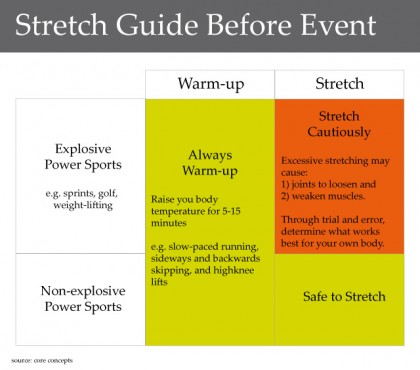
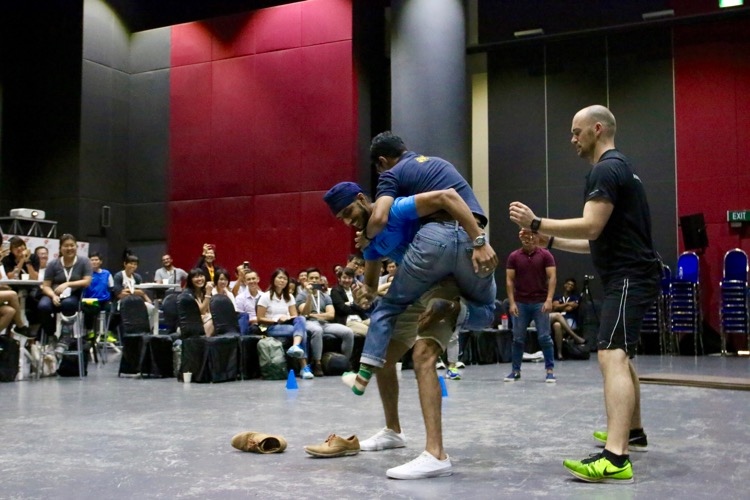

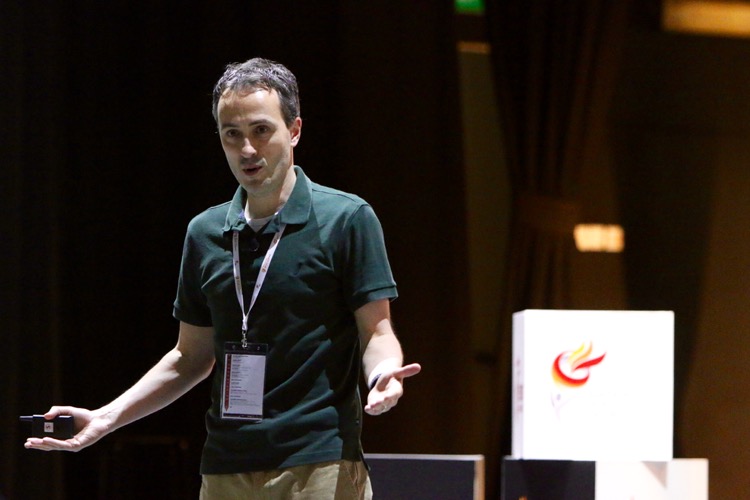
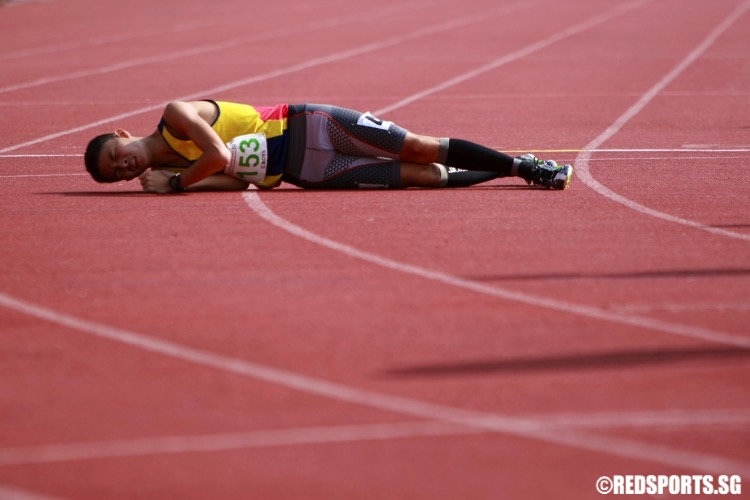
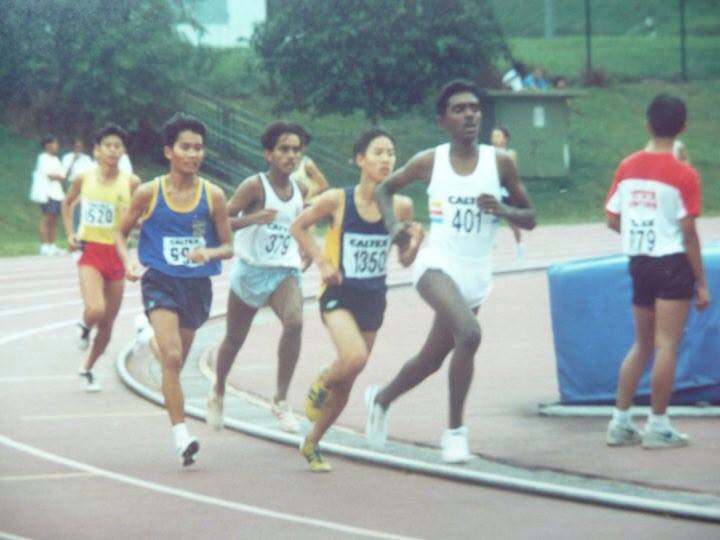
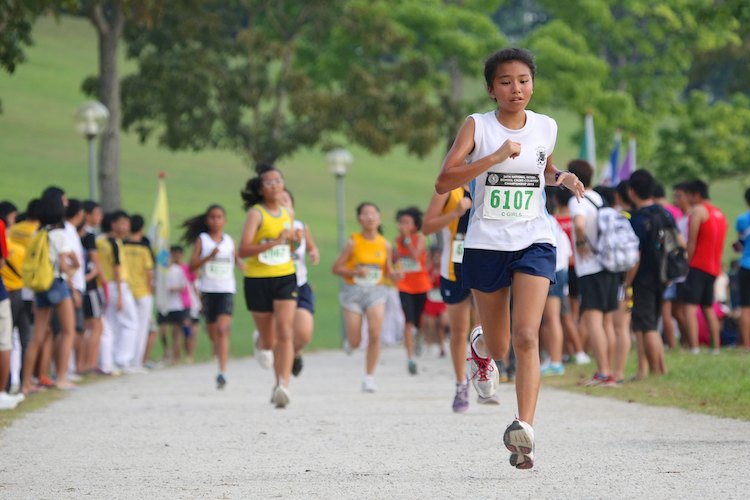
do dynamic stretching
Dear crosstheline,
As a general rule of thumb, it is advised that warm-up be done prior to any form of stretching.
Imagine placing a rubber band in the feezer for a few hours and then taking it out of the fridge and stretching it. The rubber band will snap!
That is the same principle for all of our muscles. We need to warm-up our muscles first before we stretch it to avoid any “snapping” or tearing of our muscles.
Regards,
Cindy Tan
Should we stretch our big muscle group first before warming up (eg quads, calves and hamstrings) and then stretch the big and smaller muscle group (eg triceps, deltoids, forearm flexors and extensors) again after warm up?
[…] ~~~~~ The Esoteric Blog: Ursi’s Eso Garden ~~~~~ wrote an interesting post today onHere’s a quick excerptStretching is a controversial topic among athletes and sports science experts. Some experts advocate it while others claim it causes more harm than good. So should one stretch or warm up before a sporting event? This article gives some useful pointers. […]